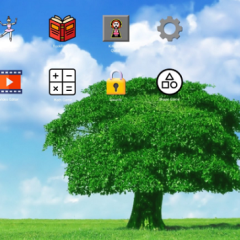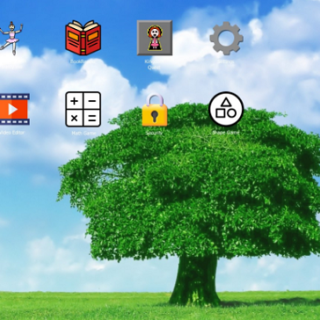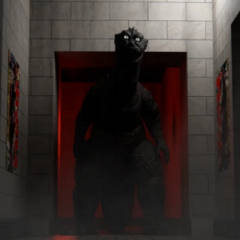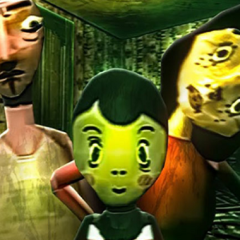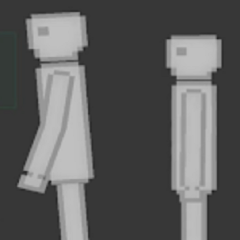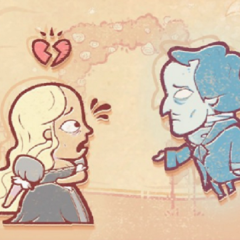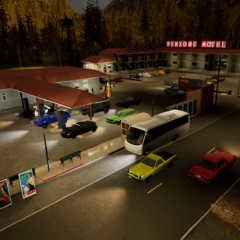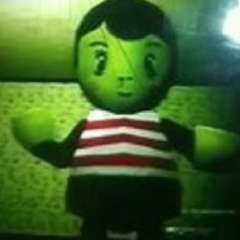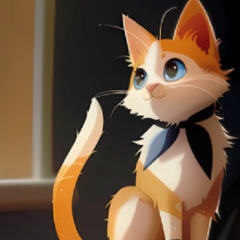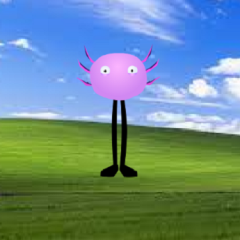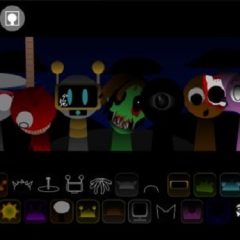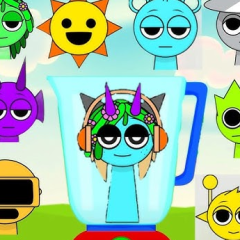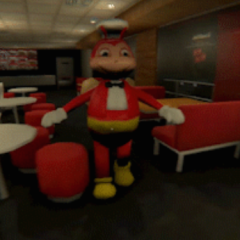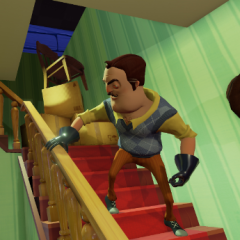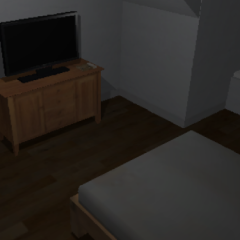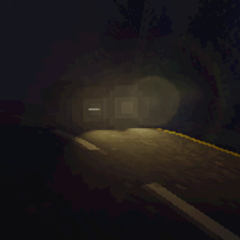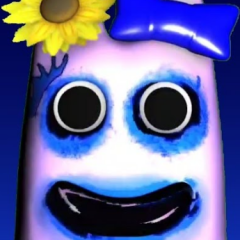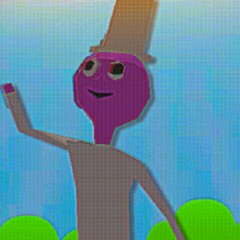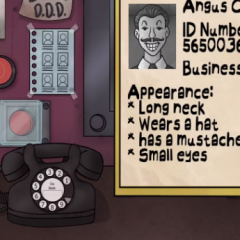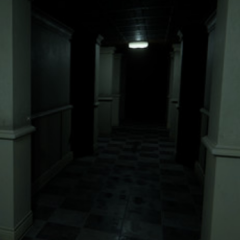98xx is a digital artifact styled after a fictional 90s operating system, recently uncovered with its software files surprisingly intact. At first glance, it looks like an ordinary vintage interface, complete with basic utilities, games, and productivity tools. Applications like Pixel Paint, TypeWriter, and AudioPlayer function just like their retro counterparts, giving users the feeling of using an old computer from a lost era. But beneath the nostalgic presentation, certain programs behave strangely—especially as you spend more time exploring the system.
Jumping Julian and the Unexpected Shift
One of the most unsettling discoveries in 98xx is a platformer called Jumping Julian. It begins as a standard side-scrolling game, featuring a cartoon character jumping through pixel worlds. But after a few minutes, the game starts reacting in ways that don’t follow the script—level layouts change mid-run, music distorts, and UI elements flicker or break entirely. Soon, the platformer begins to influence other parts of the 98xx system, causing glitches outside the game and altering files that were once unrelated. What starts as a simple arcade title quickly turns into the centerpiece of something more unstable.
A System to Explore, Uncover, or Avoid
Beyond Jumping Julian, the rest of the 98xx experience feels both playful and eerie. Dancing with Darcy.exe appears to be a harmless rhythm game, but occasionally freezes with strange symbols. Talking Gerald.exe responds with unusual phrases. The Security tab offers minimal control, and attempts to close certain apps often fail. It’s unclear whether these glitches are intentional or signs of deeper corruption. 98xx is more than a simulated OS—it’s a layered digital puzzle disguised as an interface. Whether you explore every folder or shut it down after the first flicker, the system leaves questions behind.

